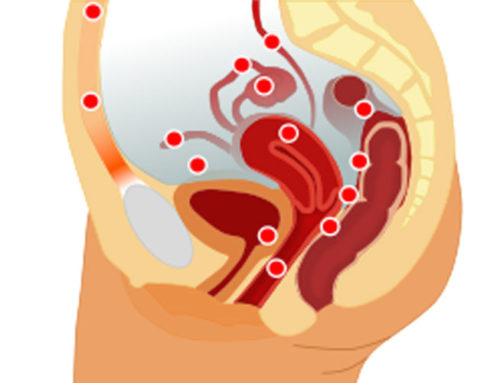Encouraging men to prioritize their health can be challenging, as men may be less likely to seek medical care or prioritize their health than women. However, there are many aspects of men’s health that men need to consider:
- Heart health: Heart disease is a leading cause of death among men. Men can take steps to reduce their risk by managing a healthy lifestyle.
- Mental health: Men are more likely than women to die by suicide, and may be less likely to seek help for mental health issues.
- Sexual health: Men’s sexual health can be impacted by a range of factors including age, chronic disease, and medication use. The effect that sexual dysfunction can have on a man’s physical-mental-emotional health can be debilitating.
- Sleep: Sleep is a critical aspect of overall health, and men may be more prone to sleep disorders such as sleep apnea. Prioritizing good sleep hygiene such as avoiding screen time before bedtime and establishing a regular sleep schedule can help to improve quality of sleep.
- Substance use: Men are more likely than women to engage in risky behaviors such as heavy drinking and drug use, which can have negative impacts on health.
However, there are several strategies that can be effective in promoting men’s health:
- Education: Educating men about the importance of preventative health care and the specific health risks they face can motivate them to take action. This can be done through public health campaigns, workplace wellness programs, and community outreach efforts.
- Role models: Men may be more likely to prioritize their health if they see other men doing so. Encouraging male celebrities, athletes, and other public figures to speak out about their health experiences and the importance of preventative care can help to create positive role models, reduce stigma and improve outcomes.
- Access: Improving access to affordable, high-quality health care can encourage men to seek medical attention when needed. This includes making sure that health services are available in convenient locations, during convenient hours, and that insurance coverage is affordable and comprehensive.
- Support: Men may be more likely to prioritize their health if they have support from family, friends, and healthcare providers. Encouraging men to talk openly about their health concerns and seeking help when needed can help to reduce stigma and make it easier to seek help when needed.
- Incentives: Providing incentives, such as discounts on gym memberships or rewards for completing preventative screenings, can motivate men to prioritize their health.
Overall, promoting men’s health requires a multifaceted approach. By working together, we can help men to prioritize their health and lead healthier, happier lives.
To learn more about treatment options at Whole Life Medicine for Men’s Health concerns, visit www.drserena.com or to schedule a wellness exam today, call (425) 398-9355.





























